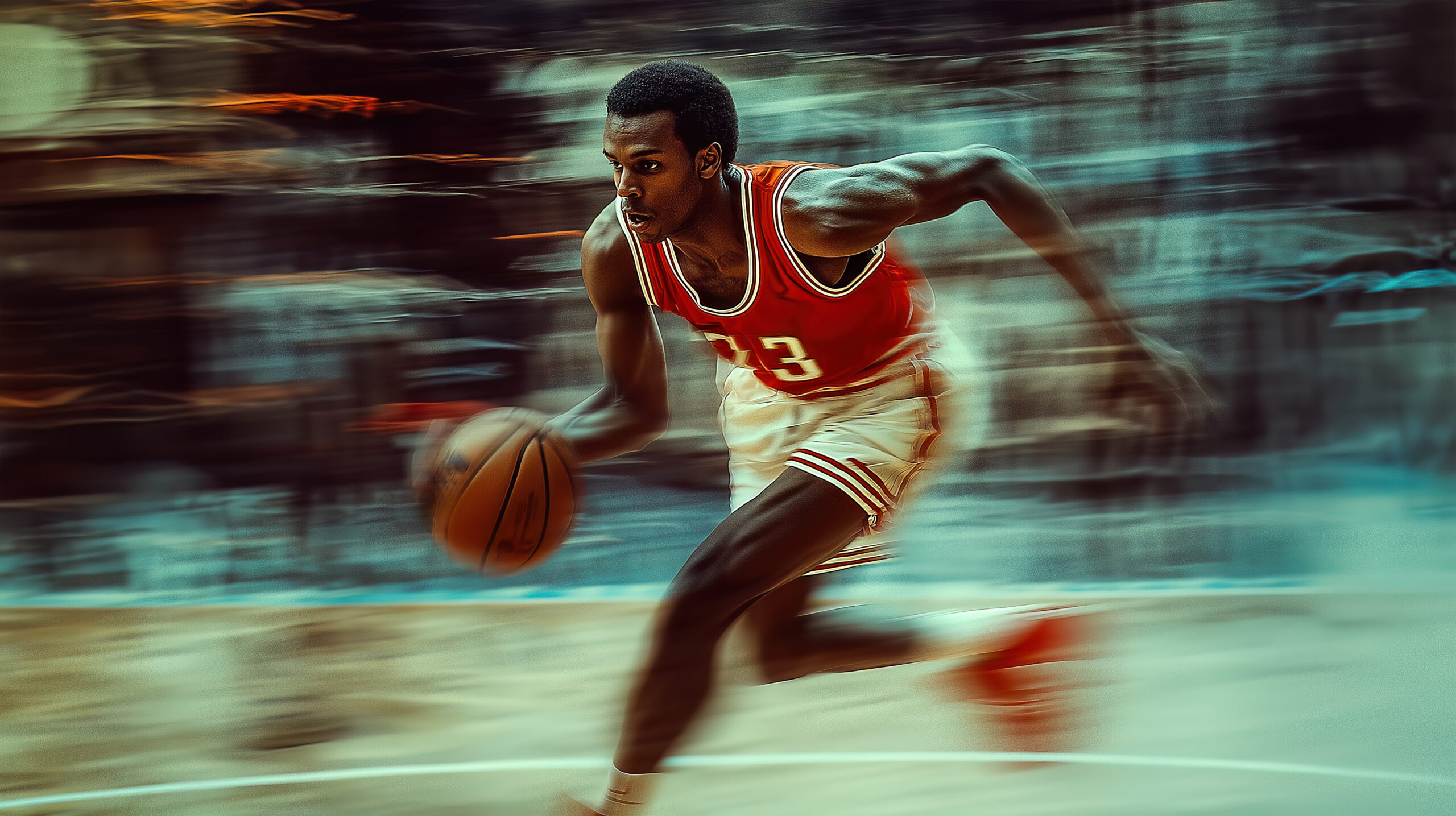When I think about what separates good athletes from great ones, it’s not always physical skill—it’s mental toughness. During my time playing basketball at LSU, I learned quickly that the challenges on the court aren’t just about speed, strength, or shooting accuracy. They’re about focus, resilience, and the ability to stay composed under pressure. Mental toughness is what allows athletes to push through adversity, stay motivated, and perform at their best even in the toughest moments. For athletes navigating rigorous schedules, intense competition, and high expectations, building mental toughness is critical.
Understanding Mental Toughness
Mental toughness isn’t about never feeling stress or anxiety—it’s about managing those emotions and using them to your advantage. It’s the ability to stay confident after mistakes, bounce back from losses, and maintain focus when the stakes are high. In college athletics, where the pressure to perform can feel overwhelming, athletes who develop mental toughness have a significant advantage. They don’t let setbacks define them; they use them as fuel to improve.
Set Clear Goals and Visualize Success
One of the first strategies I recommend is goal setting. Having clear, measurable goals gives athletes direction and motivation. But goal setting alone isn’t enough. Visualization is a powerful tool that I used throughout my playing career. Before games, I would visualize specific plays, imagine hitting a 3 in the corner, or picture myself executing a defensive rotation. This mental rehearsal builds confidence and prepares your mind for the challenges ahead. Young athletes should make visualization a routine part of their training—it’s like practicing success before it happens.
Embrace the Grind
College athletics demands hard work, and mental toughness is built in those moments when you’re pushing yourself beyond what feels comfortable. Whether it’s running extra sprints, staying late for skill work, or sticking to a strict training schedule, embracing the grind strengthens your mental resilience. I often remind players that growth happens outside your comfort zone. The workouts you don’t want to do, the drills that test your patience, and the long hours of practice are the very moments that develop mental toughness.
Learn to Control Your Mindset
Attitude is everything. I’ve seen talented athletes underperform simply because they let negativity or self-doubt take over. Mental toughness requires a mindset shift: focus on what you can control, not what you can’t. If you miss a shot or lose a game, the only productive response is to learn from it and move forward. Meditation, journaling, and positive self-talk are techniques I encourage athletes to incorporate. They may sound simple, but they can dramatically improve focus, confidence, and emotional control on and off the court.
Develop Resilience Through Adversity
Resilience is at the core of mental toughness. During my time at LSU, I faced moments extremely tough times. Those moments were frustrating, but they taught me how to persevere. College athletes should view challenges as opportunities to grow rather than obstacles. Every mistake, every setback, every moment of doubt is a chance to strengthen your mind. The key is to stay committed, work harder, and maintain belief in your abilities.
Surround Yourself With Supportive People
No athlete develops mental toughness in isolation. Coaches, teammates, family, and mentors all play a role. Surrounding yourself with people who challenge you, hold you accountable, and offer constructive feedback is crucial. I’ve always valued teammates who pushed me in practice, and coaches who demanded the best while also offering guidance. Having a strong support system helps athletes stay grounded, motivated, and mentally prepared for competition.
Stay Consistent, On and Off the Court
Consistency is another critical component. Mental toughness isn’t just something you turn on during games—it’s developed through daily habits. Eat well, get enough sleep, maintain a structured routine, and commit to continuous improvement. Consistency in preparation breeds confidence, and confidence is a hallmark of mentally tough athletes. College athletes who prioritize routines and maintain discipline off the court often perform better when it matters most.
Conclusion
Developing mental toughness is a journey, not a destination. It’s about building habits, embracing challenges, and training your mind just as you do your body. For college athletes, mastering this skill can mean the difference between performing well under pressure and rising to greatness. By setting goals, visualizing success, embracing the grind, controlling your mindset, building resilience, surrounding yourself with support, and staying consistent, athletes can strengthen their mental game and maximize their potential.
Basketball, and sports in general, offers a unique opportunity to cultivate mental toughness. I believe the most successful people have the strongest mental toughness. The lessons learned on the court, in practice, and in competition extend far beyond athletics, shaping character, confidence, and the ability to handle life’s challenges. I’ve experienced firsthand how mental toughness can transform not only performance but also personal growth. For young athletes striving to succeed in college sports, prioritizing mental toughness isn’t optional, it’s essential. The mind is the ultimate advantage, and learning to harness it can take your game—and your life—to the next level.
